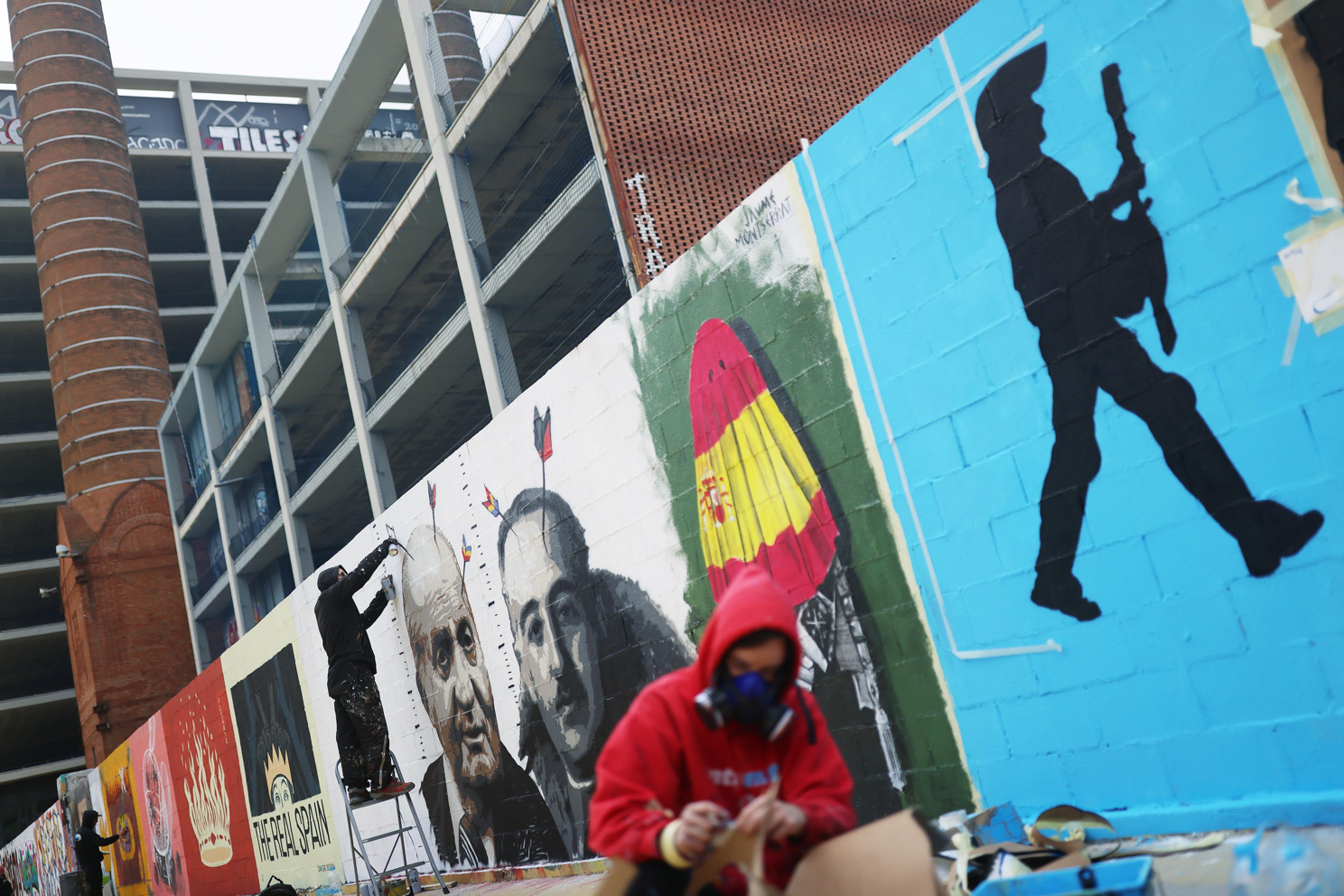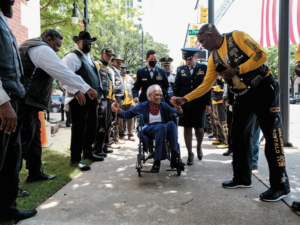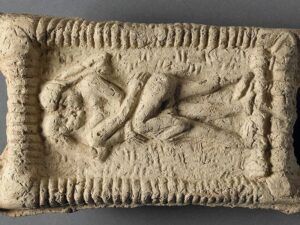BARCELONA (Reuters) – A colourful mural showing arrows through the heads of former Spanish king Juan Carlos and the late dictator General Francisco Franco was among images that graffiti artists painted on walls in Barcelona to protest on Sunday the jailing of a rapper for glorifying terrorism and insulting the monarchy in his songs.
The nine-month sentence imposed on Pablo Hasel, who is known for his fiercely anti-establishment raps, has sparked a debate over freedom of expression in Spain and demonstrations which descended, at times, into violence.
The artists’ peaceful demonstration contrasted with five nights of clashes in Spanish cities between protesters and police in which containers were burned, banks smashed up and projectiles thrown at residents.
They called for a change in anti-terrorism and gagging laws which they say unfairly limit people’s right to demonstrate their disapproval in the streets.
“We have been protesting for years and asking for these changes to gagging laws and now everyone is tearing their clothes or burning containers,” said Roc Blackclock, an artist.
Thirty-eight people were arrested in cities across Catalonia on Saturday after demonstrators smashed windows in Barcelona’s emblematic Palau de la Musica concert hall and looted shops on the city’s most prestigious shopping street, Passeig de Gracia.
“These graffiti transmit what society thinks, in favour of freedom of expression and against the freedom of destruction,” said Toni Marin, 52, a bank worker.
The Spanish government announced last week it would scrap prison sentences for offences involving cases of freedom of speech.
Senior members of the hard left Unidas Podemos party, the junior partners in Spain’s coalition government, voiced support for the protesters which critics took to mean tolerating the violence.
José Luis Martínez-Almeida, the conservative mayor of Madrid, blamed Spanish Prime Minister Pedro Sanchez for tolerating Podemos’ attitude to the violence. Sanchez condemned the violent protests on Friday.
Reporting by Graham Keeley, Elena Rodriguez, Nacho Doce, Luis Felipe Castilleja, Jordi Rubio; editing by Emelia Sithole-Matarise




